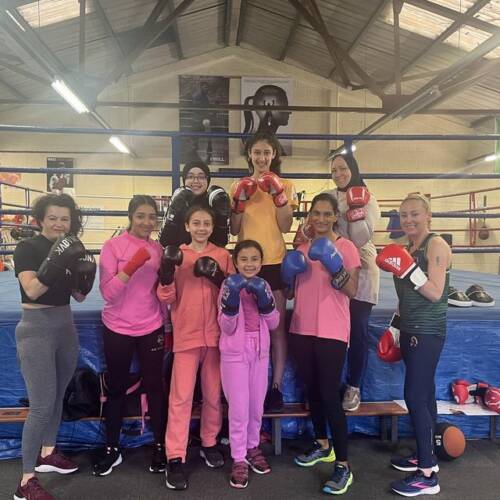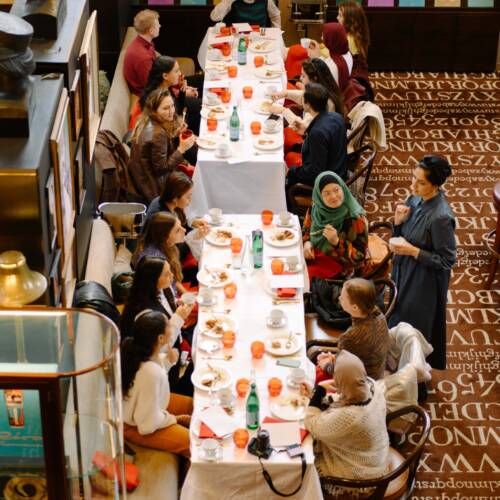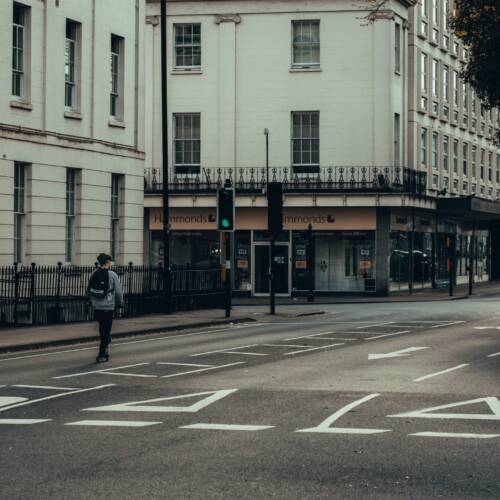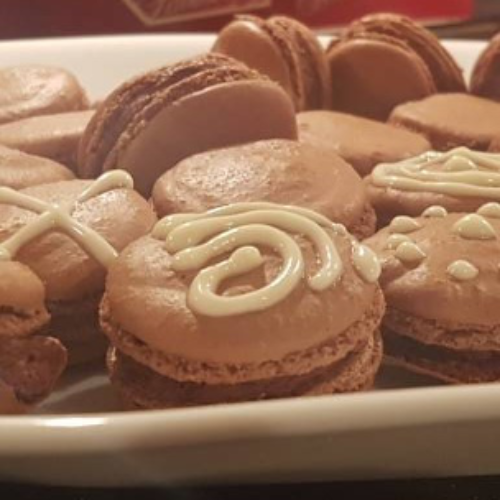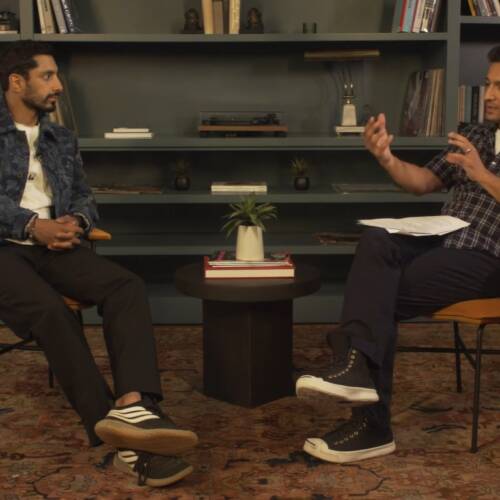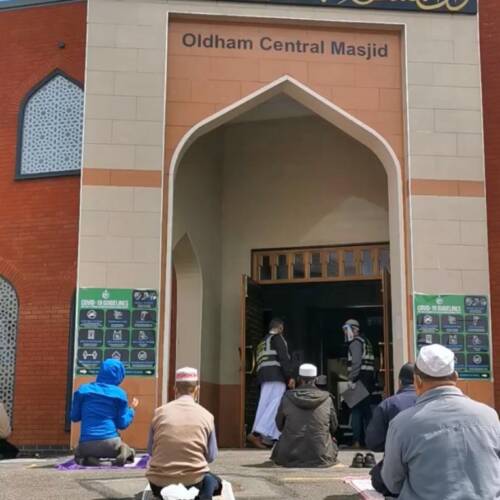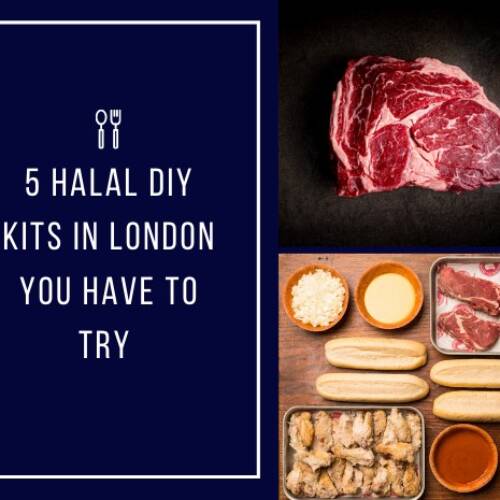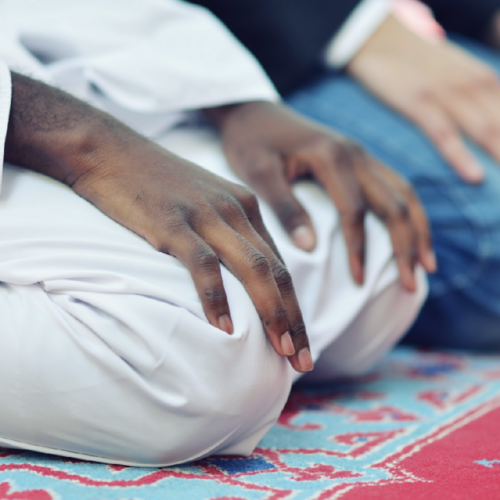
An Extraordinary Ramadan: How We Kept Our Community Spirit Through the Lockdown
21 May 2020The holy month of Ramadan is almost at an end. Ramadan 2020 has been, by all accounts, an extraordinary year. Every Ramadan, we undertake a journey through spiritual reconnection with Allah, attaining self-discipline through fasting from sunrise to sunset, and shedding our old habits through self-examination.
We seek to increase our good deeds through giving to the less fortunate and helping the vulnerable with their needs. On a spiritual level, we increase our worship and try to attain the highest levels of piety, reciting, learning and pondering over the verses in the Holy Quran.
However, when we started on our Ramadan path this year, few of us could have imagined what an extraordinary time this would be.
The atmosphere of Ramadan this year has been totally alien to every single one of us, as we practiced social distancing due to the global pandemic that has hit humanity unexpectedly. We have been instructed to avoid congregations whether they be at the mosques, with family and friends for the breaking of the iftar or at any events that usually take place during this month.
Some of us hoped that the lockdown might be lifted by the time Eid takes place, that we may at least end the holy month on a good note. However, the recent announcements imploring Muslims to celebrate Eid is isolation and that the lockdowns, in many parts, would continue, have quashed these hopes.
Yet, despite the isolation that lasted through the holy month, I am struck with the community spirit that held across communities, Muslims and non-Muslims alike. Befitting the spirit of the month, I have seen communities across the country coming together to help one-another, especially those that are most vulnerable to the outbreak or helpless due to isolation.
The Muslim community is well known to be the most generous, especially during the month of Ramadan. And the acts of charity I have seen this month have made me proud of my community.
It is no secret that many charities have been short-staffed due to isolation and short-on-funds due to increased demand and reduced fundraising. Similarly, many of us had to tighten our purses as we found our jobs and incomes reduced because of the outbreak. The numbers speak for themselves. The estimated figures of larger charities suggest they could lose up to £4 billion over a 12-week period according to a survey that was conducted by the Institute of Fundraising.
And yet, in the face of these challenges, a huge numbers of Muslim-led community initiatives have sprung up across the UK and a good deal of charities have started to do most of their charity work via online, not to mention all the food parcels and volunteers that are helping around there local community, delivering essentials and food to people that are hit financially by this pandemic and providing food parcels for NHS staff working long-hour shifts. This month saw many volunteers help out at food banks so they can provide to the most vulnerable in society.
I think one of the most distressing sights for Muslims this year was to see the holy Masjid al-Haram in Saudi Arabia and the Prophet’s (PBUH) mosque in Medina empty. I know personally when I see those images it brings a sense of sadness and abnormality to me. The Muslim community are feeling emptiness seeing our masjids closed and the Holy Kaaba devoid of worshippers. However, as Muslims, we must understand that we don’t need to be at the masjid to worship Allah. Allah is not only in our masjids. Anywhere we face, we face Allah as told in chapter 2 verses 115 of the Holy Qur’an.
“And to Allah belongs the east and west. So wherever ye might turn, there is the presence of Allah. For Allah is all-Pervading, all-knowing”.
There’s a very well-known saying by our Prophet Muhammad (PBUH), that state that you do not need to be at the masjid for you to pray or worship Allah:
“The entire earth has been made a place of prayer, except for graveyards and washrooms.”
But during the Prophet Muhammad’s (PBUH) time, they didn’t pray taraweeh every day at the masjids. Some days they would pray in congregation and some days they would pray at home. His family and companions used to spend Ramadan in their houses and only used to pray in congregations a few times a week. Instead they used to get up for night prayers and pray throughout the night.
Perhaps this is a lesson that we can take from this extraordinary Ramadan as we remain under lockdown: to rediscover the original and simple spirit of the Holy Month and connecting with Allah on a personal level. No big gatherings, no congregational prayers and mass iftars. Just you and Allah.
While this concept could be hard for some people to grasp, praying the night prayers, learning and understanding certain dua and reflecting on the verses in the Holy Qur’an can certainly be more rewarding and bring with it a greater sense of achievement.
I believe this Ramadan has also offered us to re-examine our ties with our communities and families. Although we were separated from our wider community, this Ramadan has offered us an opportunity to connect with the most immediate members of our family and, perhaps, rediscover our ties with them and rekindle the love that many of us, perhaps, took for granted over the years.
I know of many families, especially those with children, who have taken on to praying together. I’ve even read about one family who set up a model mosque in their home and prayed together. It has since become an inspiration for others and I heard of many Muslim-orientated schools holding competitions to design mini masjids with the catch phrases like ‘if you can’t go to the masjids…we bring the masjids to us!
In fact, the spirit of creativity I’ve seen among Muslims determined to make the best of the Ramadan despite the many challenges has filled my heart with happiness. I’ve seen mosques and imams holding sermons and prayer sessions over video-messenger apps such as Zoom, reaching the faithful through technology when they had no means of communicating with each other in the physical world. Even special events and online day-care events have been organised by some mosques to keep them entertained through lonely days and keep them socialising with their friends. Meanwhile, bolstered by campaigns such as #RamadanAtHome, mosques around the UK have organised online iftars to keep each other from having lonely meals.
Meanwhile some parts of the US Dearborn, Muslims have decorated their homes with lights similar to how Christians to do during Christmas season, holding contests to maintain a sense of community and friendly competition. Many others, including Muslims in the UK, have since adopted the practice.
Technology has also allowed non-Muslims to experience Ramadan as well, many of them for the first time. Although events like Open Iftar are open to public, the fact that one could attend these events from the comfort of our homes has given many non-Muslims a way to attend these events for the first time. We’ve seen MPs such as Paul Bristow Ian Manning try their hand at fasting to better understand their Muslim neighbours. Although Manning’s fasting was overshadowed by an unfortunate gaffe he made involving a bacon meal, such acts have nevertheless shown us that the spirit of Ramadan was, in places, stronger than ever this year.
Of course, technology will never replace actual, physical connections. And when the lockdown ends, we should make sure that we do not just return to business-as-usual but see how we can continue making better with our families, friends and communities. Just as we connected with our communities and our neighbours online, we should carry the relations we have built to the off-line world.
With Ramadan nearly at an end now and spent mostly worrying about the lockdown, it is easy to lose focus on what’s important during this time of reflection. This present time is a great opportunity to increase your pray and worship more consciously, rekindling your ties to your family, reading the Holy Qur’an together and remembering how people practiced Ramadan during the time of the Prophet (PBUH). That way, not only can we end Ramadan and observe Eid on a good note, we can, just maybe, let this difficult time be the start of something wonderful and beautiful.






